What drives circadian rhythms at the poles?
10/31/2019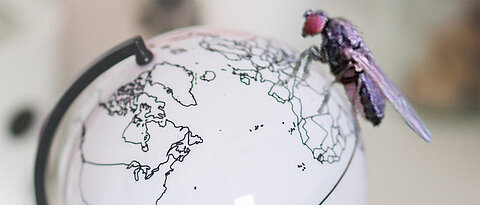
Circadian clocks coordinate the organism to the alternating cycles of day and night. Scientists from the University of Würzburg have studied how these clocks work in polar regions where days or nights can last for weeks.
more


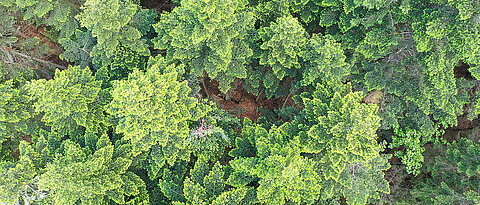
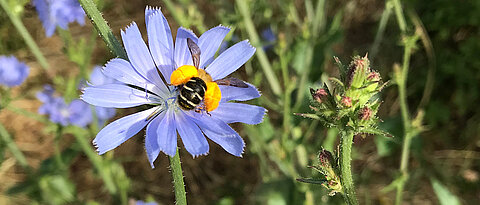
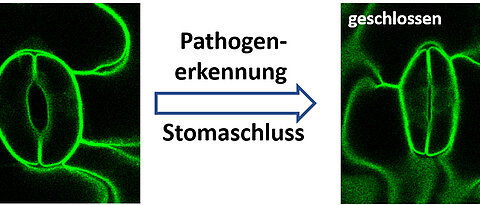
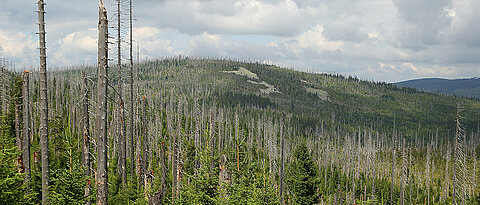
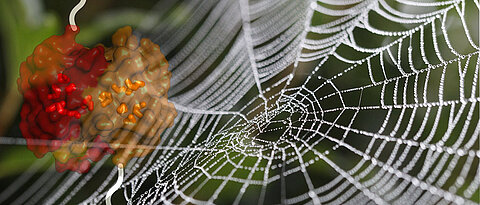
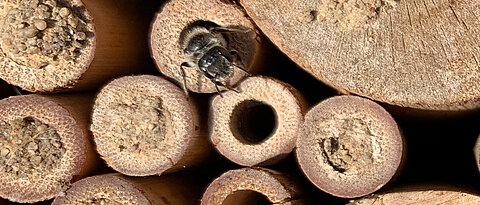
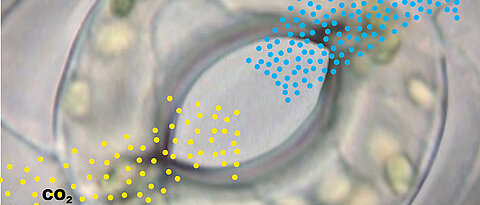
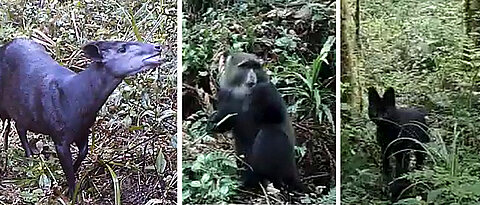
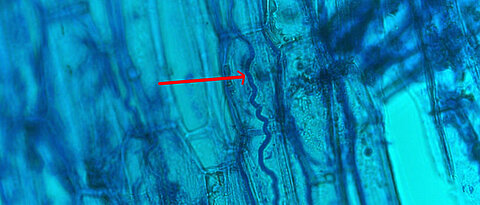
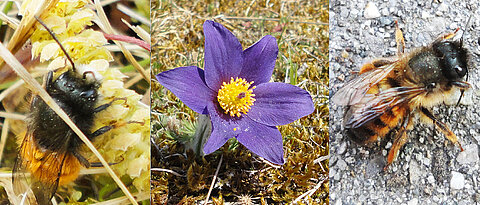
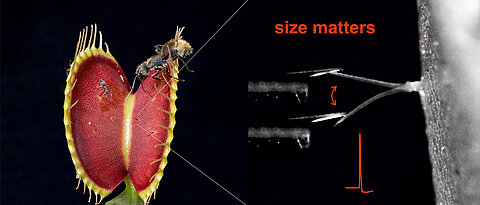
![[Translate to Englisch:] Logo Biozentrum der Universität Würzburg [Translate to Englisch:] Logo Biozentrum der Universität Würzburg](/fileadmin/_processed_/4/c/csm_logo-biocenter-480-205_8920736dd4.png)



